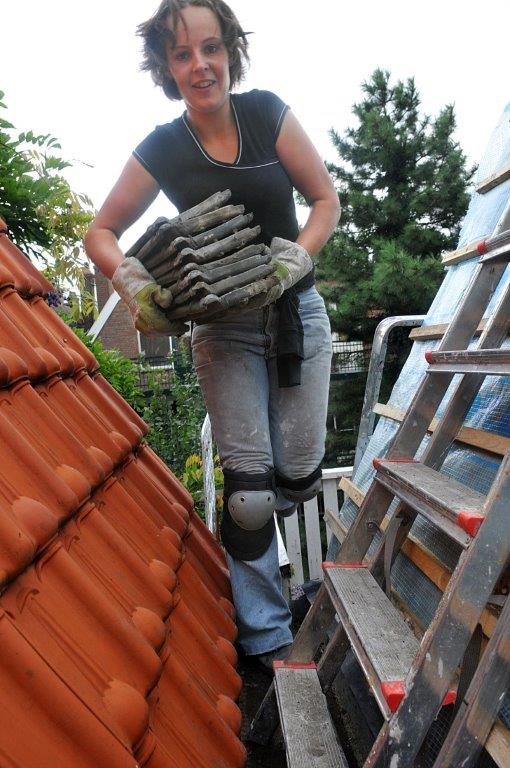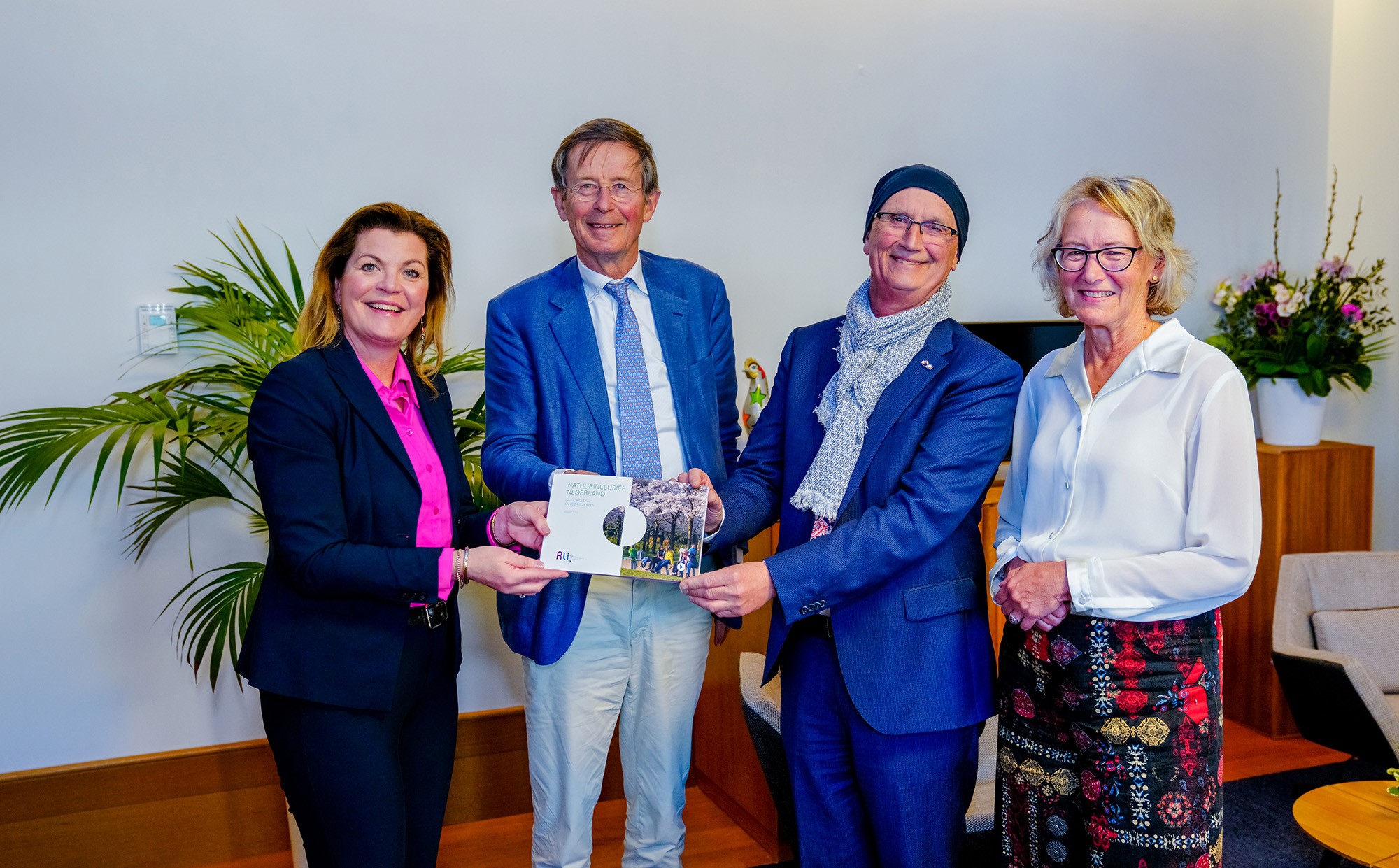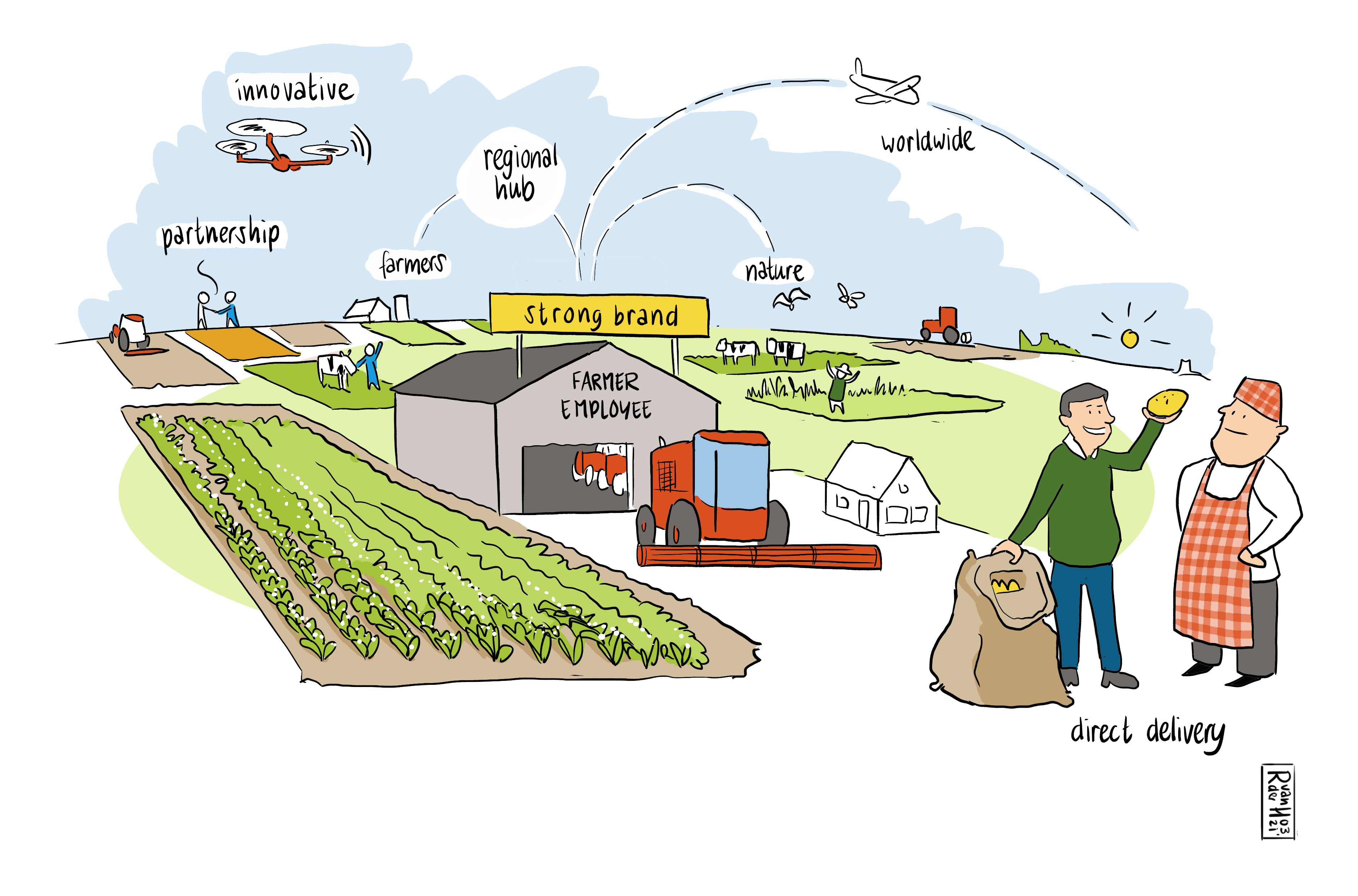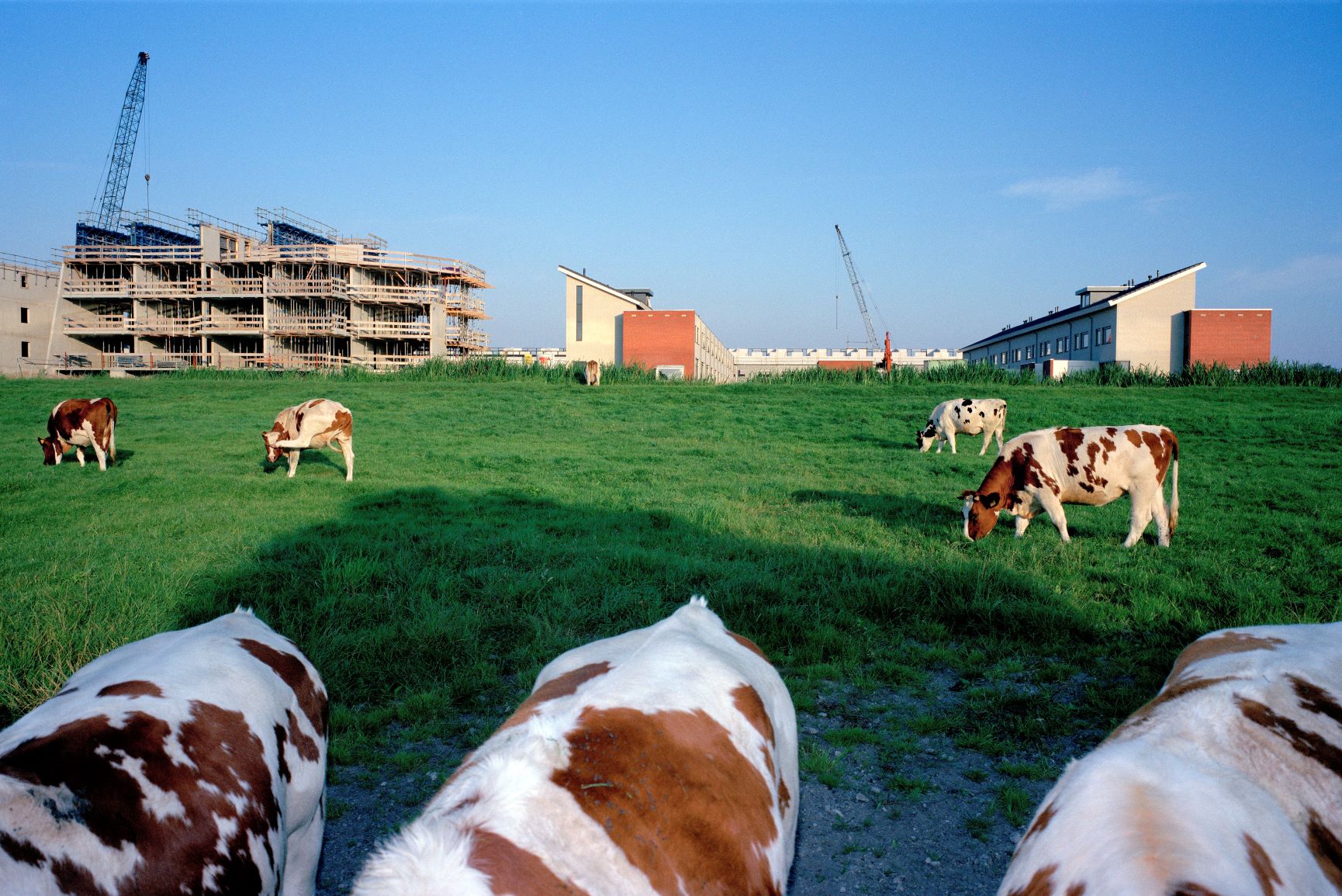Providing shelter
Rli - july 2022Background and request for advice
The Rli notes that housing associations are regularly in the public and political spotlight. They are seen as a vehicle for achieving various policy objectives, such as dealing with the continuously worsening housing shortage, limiting rising housing costs, and improving the sustainability of the housing stock in order to achieve climate goals. But housing associations are also seen as a solution to the problems of housing vulnerable people who need care and of providing housing to the homeless, and as a way of creating stable living environments where people can offer one another help. And while all these social wishes are being formulated, there is suspicion of the associations, because there have been excesses in the past involving very risky and sometimes unlawful behaviour by associations, because their real estate is extremely valuable and because there is a great deal of autonomy in making investment and other decisions. The Rli notes that the size and social significance of housing associations are considerable, but that it is unclear what wishes and expectations they need to meet over the coming decades, and what basic conditions are needed to do this.
A great deal has changed over past decades in the organisation of housing associations, policy and the social challenges in the area of housing. The policy-defined target groups, the financial frameworks within which the housing associations operate, the legal frameworks and regulation – all these matters have changed repeatedly and fundamentally in the light of changing social needs. The current framework within which housing associations operate has been shaped to a great extent by the privatisation of these organisations in 1995 and the Dutch Housing Act of 2015 and its amendments.
The foregoing has led to the following request for advice: What role should the housing associations fulfil, given the current problems and expected developments in the housing market, and what consequences does this have for the rules and financial frameworks used in government policy for housing associations?

Explanatory notes
The Council has reached the conclusion that it is time for a rethink of national public housing policy, with a particular focus on the role of housing associations. Housing associations are indispensable for the government to secure adequate and affordable rental supply, however the government needs to place a greater focus on the performance of these associations. There are a number of obstacles that need to be addressed. For example, the performance expected from housing associations is not yet sufficiently clear and the contribution of municipalities towards that performance is still too voluntary. Mutual financial solidarity of housing associations is also not properly regulated at present. The Rli makes six recommendations:
1. Set national new-build targets for social rental housing and elaborate these targets at regional level
Set national targets for the proportion of new social rental housing as a fixed percentage of total new construction. Also do this for other issues concerning social renting, such as the housing of housing policy target groups, sustainability and affordability of housing, and the resilience of neighbourhoods. Laying down the national targets for longer than one cabinet term, for example in the announced Public Housing (Management) Act, provides other parties with a framework for their efforts and performance. Specify the national targets at regional level, so that differences between housing market regions and the challenges ahead can be taken into account.
2. Secure the stock of regulated rental housing
Make sure that, overall, the stock of housing association homes is increasing. Do not introduce a general right to buy for sitting tenants, but maintain a situation in which housing associations decide whether or not to sell homes. In addition, stimulate the purchase of private rented homes by housing associations to maintain the level of social rented stock and improve its quality in vulnerable areas.
3. Promote the supply of social housing by parties other than housing associations
Invest in broadening the supply of social housing by parties other than housing associations, particularly not-for-profit organisations, such as philanthropic organisations or housing cooperatives. Develop tax incentives , to enable these organisations to attract capital more easily.
4. Reinforce implementation of performance agreements with housing associations
Ensure that local housing visions and policy plans of the housing associations and performance agreements between municipalities, tenants’ organisations and housing associations contribute to the objectives of the national housing policy. Amend the Dutch Housing Act so that the Minister for Housing and Spatial Planning is able to hold both municipalities and housing associations to account for improvements in performance. Moreover, make ‘cooperation with care and welfare organisations’ an additional public housing priority.
5. Manage the availability of development land and define the designation ‘social’ when allocating land
Require municipalities to incorporate the national targets for social and affordable housing in their environmental plans. This can be done by including an instruction rule in the Living Environment (Quality) Decree. Furthermore, when allocating land, municipalities must set requirements for the realisation of ‘social housing’ to ensure that developers and investors have a clear framework and a level playing field.
6. Manage the financial continuity of housing associations and their mutual solidarity
The coalition agreement of the fourth Rutte government agreed to ‘switch to a system of standard rents based on income’. Make sure that this does not undermine a sustainable revenue model for housing associations, thus hindering investment in public housing tasks. Furthermore: regulate financial solidarity between housing associations together with the repeal of the Landlord Levy Act, to allow housing associations with insufficient financial resilience to realise their tasks. Adjust the Housing Act-based project grant system to simplify the rules for application and levy, and make it possible to avoid the levy if a housing association provides voluntary support to a fellow association.
Date of publication and public meeting
The advisory report was presented to Minister De Jonge for Housing and Spatial Planning on 16 June 2022.
On 29 June, a public meeting was held about the advisory report, with speakers from the various parties involved.
More information
For more information about the advisory report, please contact project leader Douwe Wielenga at douwe.wielenga@rli.nl, or on +31 (0)6 2124 0809


 From left: The Minister for Nature and Nitrogen Policy, Christianne van der Wal, receiving the advisory report from Jan Jaap de Graeff (Rli Chair), André van der Zande (Rli Member) and Yvette Oostendorp (Rli Project Leader). Photograph: Marco de Swart
From left: The Minister for Nature and Nitrogen Policy, Christianne van der Wal, receiving the advisory report from Jan Jaap de Graeff (Rli Chair), André van der Zande (Rli Member) and Yvette Oostendorp (Rli Project Leader). Photograph: Marco de Swart





